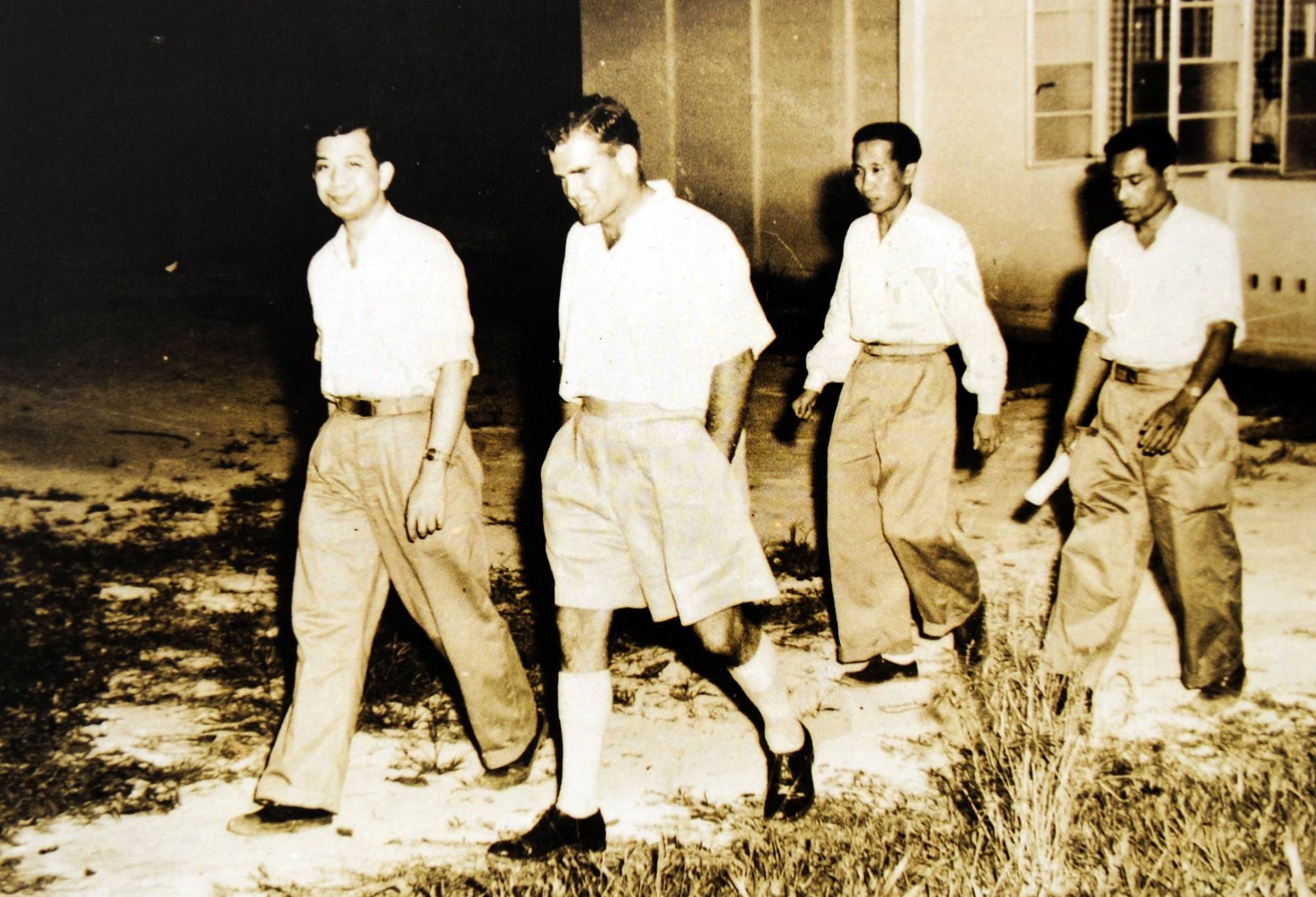
Malaysia opposition MP slammed for linking Chinese villages under Unesco plan to communism
- Lawmaker Ismail Abu Muttalib says the link of the Chinese ‘new villages’ to the Malayan communist insurgency was a historical fact
- His comment has sparked the latest row over culture and identity in Malaysia amid a conservative surge among the Malay-Muslim majority
Housing and Local Government Minister Nga Kor Ming, who is from the multiracial but Chinese-led Democratic Action Party, last year proposed to ask Unesco to recognise the “new villages”, which were set up by the British across several states in the peninsula to contain the spread of communism after World War II.
His proposal triggered an immediate backlash from some Muslim academics and Islamist parties, who described it as an attempt to grant native status to non-Malays.
Dark history of Malaysia’s Chinese villages underscores fury over Unesco bid
Global recognition accorded to these villages could be seen as legitimising the struggles of the Communist Party of Malaya (PKM), Ismail Abu Muttalib, a lawmaker with the Perikatan Nasional (PN) opposition front, said on Wednesday.
“The British moved the Chinese to the new villages because they were influenced by the communists,” Ismail said during a debate in parliament.
“That is why I don’t want the Chinese new villages to be recognised by Unesco because it would be as if we recognise the communists who were in our country.”
Backbenchers were swift to rebuke Ismail’s claim, saying the Chinese minority at the time were victims as their homes were demolished and they were forcibly relocated to British-mandated detention areas.
“The Chinese were victims. I was also a victim. It was called a new village, but it was a British detention area,” said backbencher Ngeh Khoo Ham, adding that the communist link was “very offensive” to Malaysia’s ethnic Chinese minority.
Malaysia’s Unesco plan for Chinese villages triggers fury among Malay groups
Fellow backbencher Mohd Sany Hamzan slammed Ismail for focusing on the Chinese when Malays were also involved with the communist movement.
Ismail acknowledged that Malays were also corralled into their version of new villages by the British for the same reason but insisted that the communist link to the Chinese new villages was a historical fact.
He refused to retract his statement when asked by the speaker of parliament.
The Malays, who account for nearly 60 per cent of the country’s 33 million population, have long enjoyed special privileges as bumiputra, which loosely translates as sons of the soil, granting them perks such as university quotas, housing discounts and exclusive access to government-approved investment funds.
Last month, the federal government said it would work with Selangor state authorities to begin the process of nominating several Chinese new villages for Unesco recognition to preserve their “unique” heritage and promote history and culture through tourism of Malaysian Chinese, who comprise 23 per cent of the population.

Accounts describe the new villages as internment camps that strictly monitored the movement and activities of the ethnic Chinese to minimise their exposure to the PKM – once a key ally of the British during the Japanese occupation of Malaya in WWII.
The British launched a bloody campaign to stamp out the communists, declaring martial law in 1948. The emergency declaration extended into the Second Malayan Emergency that ran from 1968 to 1989, when a peace deal was brokered allowing PKM leaders safe passage to live in exile, some of whom chose to live in Thailand.
Chin Peng, who headed the PKM over the entire period, died of cancer in a Bangkok hospital in 2013 at the age of 88.

